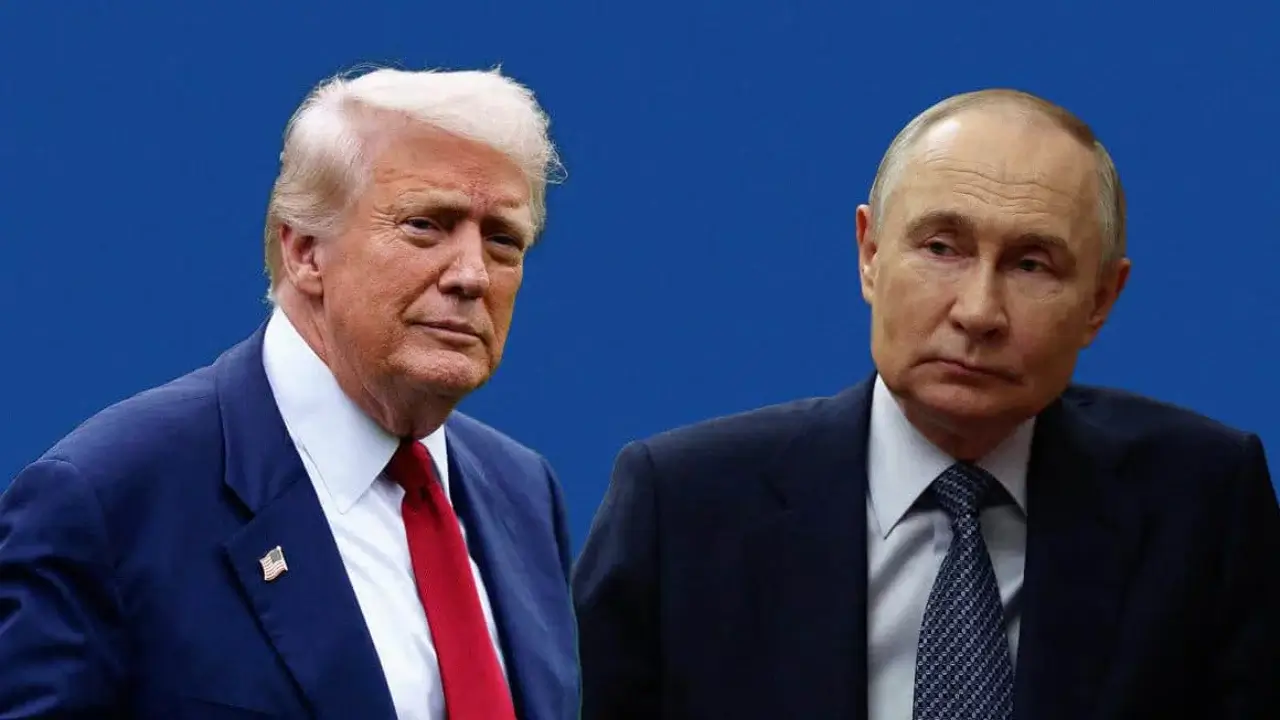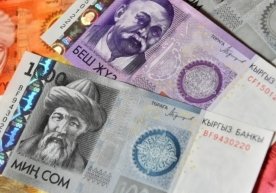Oil, gold, currency, stocks: what to expect after the summit?

The meetings of the leaders of Russia and the USA scheduled for August 15 are extremely important not only for the political arena but also for the global financial system. The outcomes of the meeting will inevitably affect oil, gold, exchange rates and stock prices. We will focus on experts’ forecasts regarding these four financial instruments.
Oil. In recent weeks, the price dynamics of Brent crude have been tied to Donald Trump’s statements and to investors’ views on potential secondary sanctions against countries buying Russian oil (primarily India and China). At the end of July, prices peaked above $73 per barrel, and as information about the summit of the two presidents increased, panic subsided and prices fell. On August 12, Brent fell to $66 per barrel on the London exchange. Due to the possibility of reduced pressure on Russian oil, prices may rally in the short term, but the risk of a decline remains in the medium term, since supply may increase.
Gold. On August 8, the gold price set a new all-time high, reaching $3,534.1 per ounce. The reason was the US imposing a duty on imports of 1-kg gold bars. In 2025, thanks to steady demand from central banks and various economic uncertainties, gold is expected to remain attractive and stabilize around $3,200–3,300 per ounce. For investors, the strengthened role of a “safe-haven asset,” ETF flows and changes in physical demand will also be in focus.
Currencies. With prospects of easing sanctions on Russia, the ruble has a high chance of strengthening. However, capital outflows may increase — especially if external settlements are re-established. In turn, this will put short-term pressure on the ruble and widen the range of exchange-rate fluctuations. When margins are high, risk management, hedging and liquidity buffers are crucial.
Stocks. Lifting sanctions against Russia will not be easy, since many restrictions were imposed by the European Union. Nevertheless, shares of international companies in energy and logistics may benefit from a potential shift in direction. The restoration of supply-demand chains and renewed investment in insurance and freight routes could support valuations.
What can be done? Before the summit and in subsequent news, emotions will be elevated — decisions should be made based on information.
- In oil — supply signals and inventory reports;
- in gold — central-bank purchases and tariff policy;
- in currencies — sanction rhetoric and capital flows;
- in stocks — sectoral earnings forecasts will be decisive.
Most importantly, prepare several scenarios and diversify risk. Regardless of how the meeting ends, markets are sensitive to short-term swings — while a strategic approach always wins over the “long distance.”
Read “Zamin” on Telegram!





















